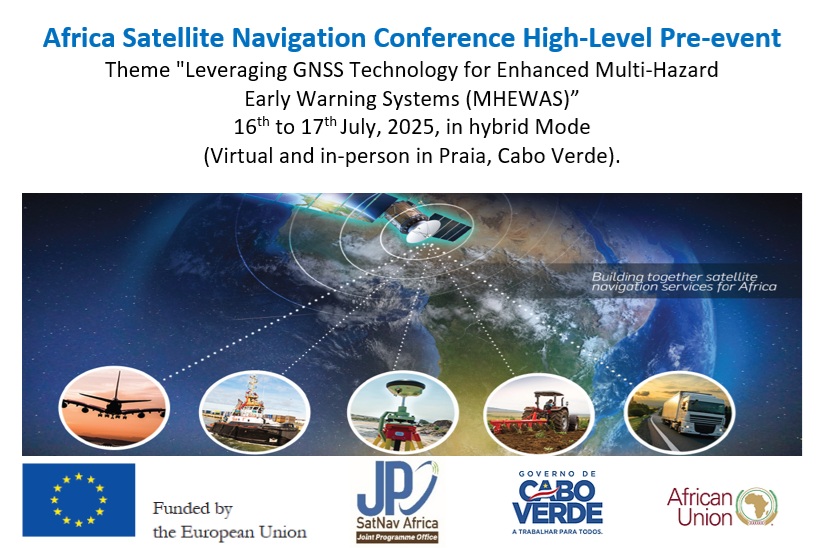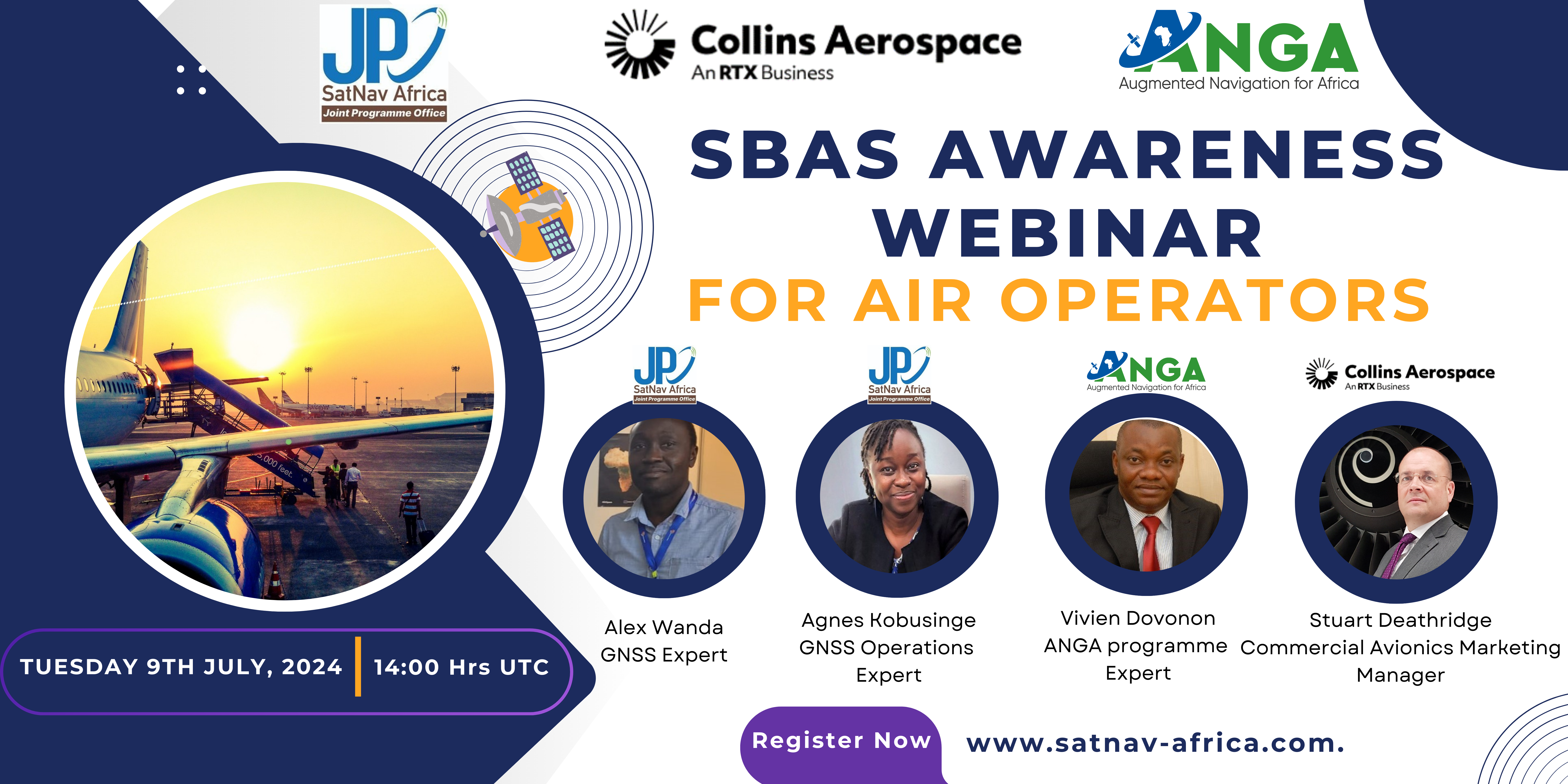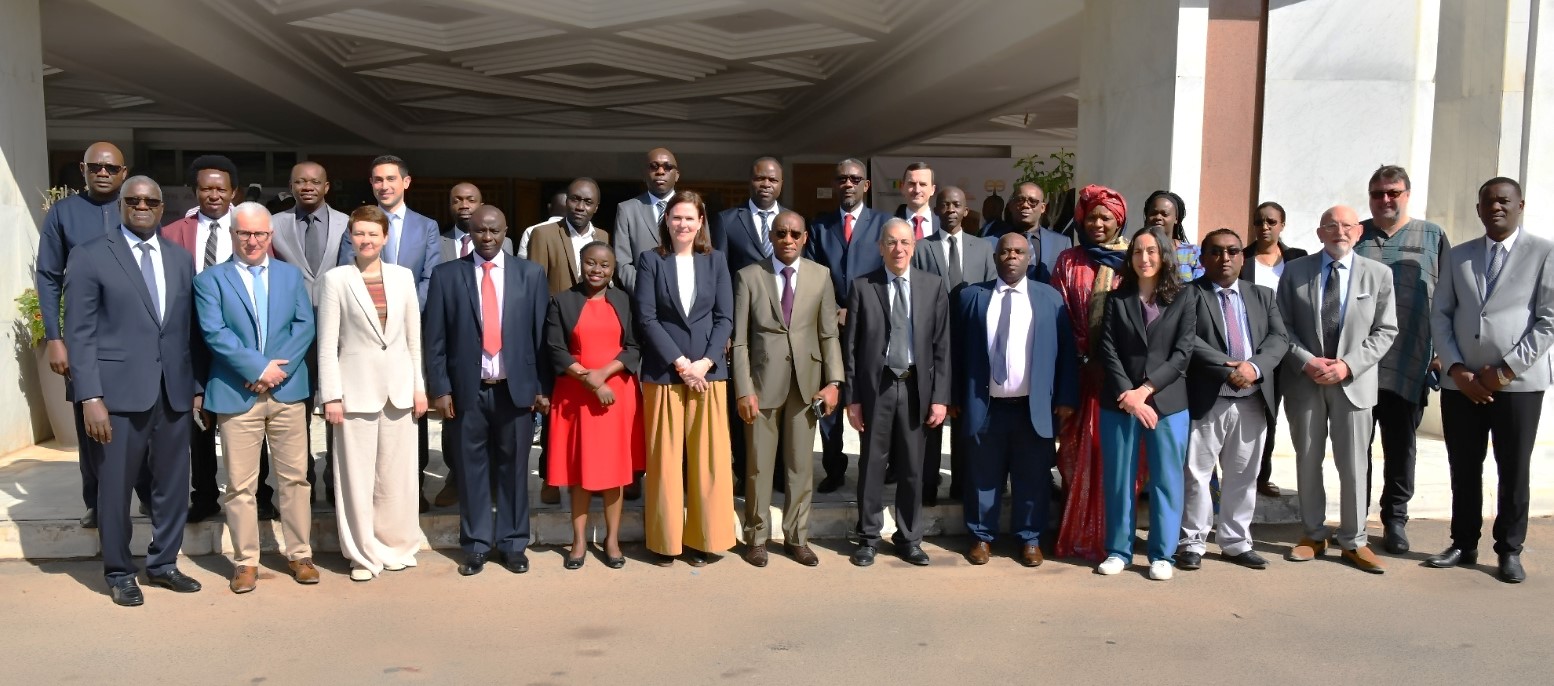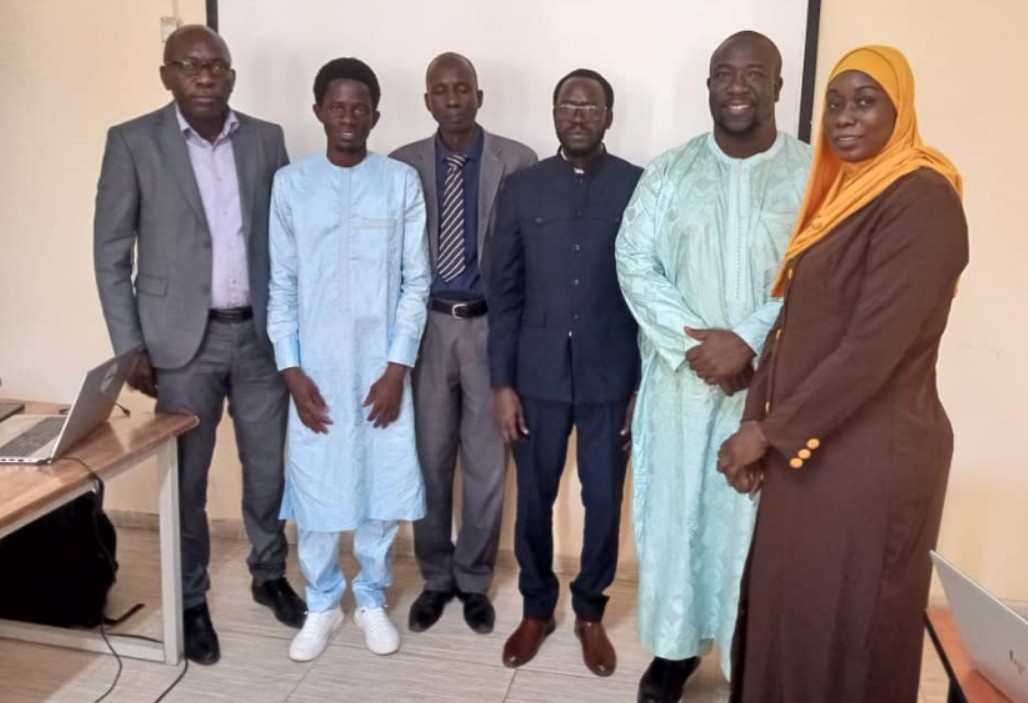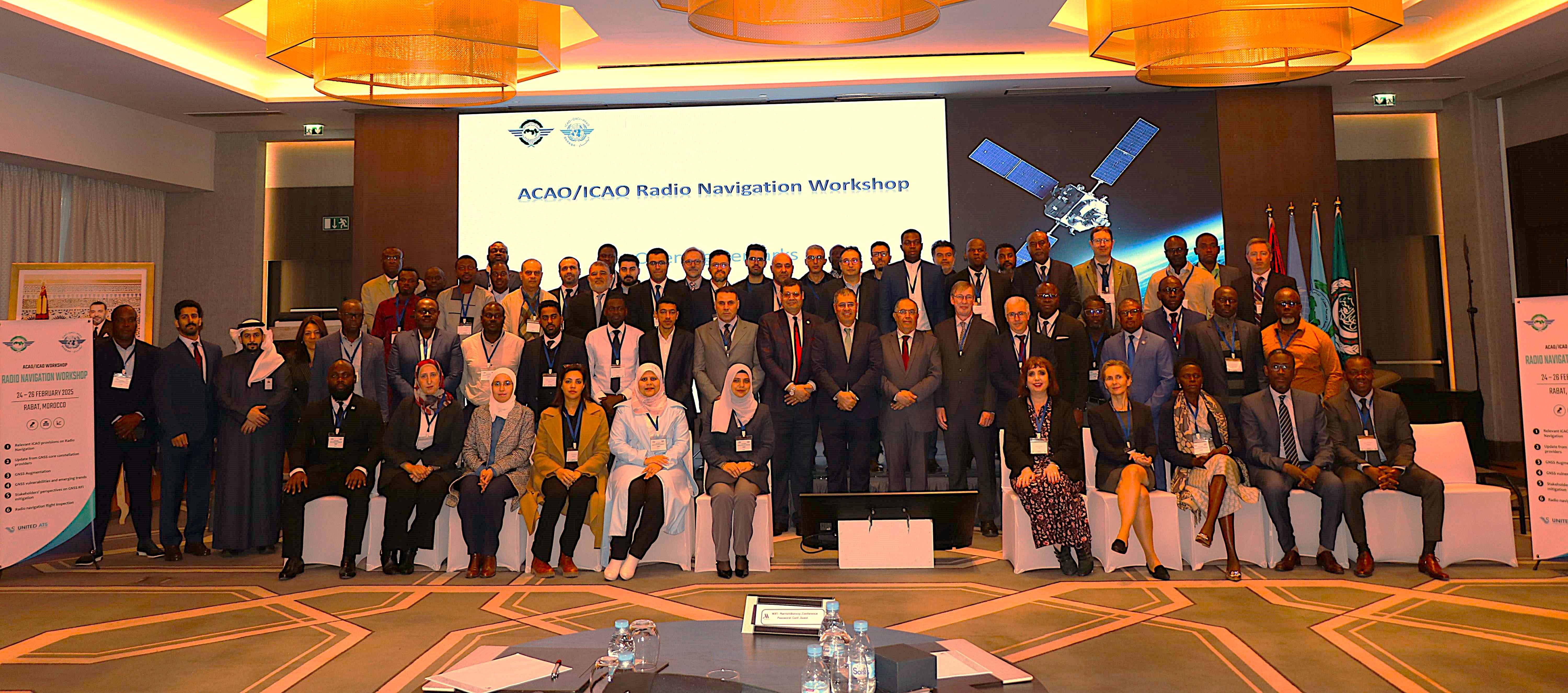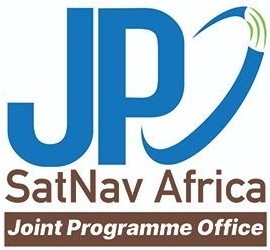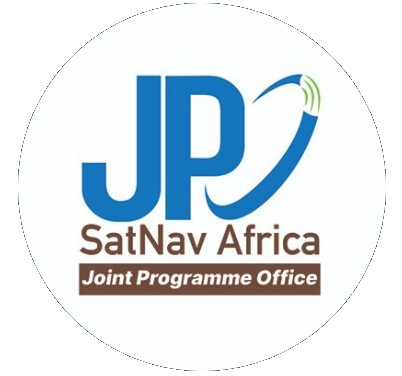
Aéroport international Léopold Sédar Senghor
ABOUT US
Mon - Fri, 2022
7:30 AM – 3:30 PM
Immeuble San Marco
BP 8163 Dakar - Sénégal
+221 33 865 40 27
Contact@satnav-africa.org

Mon - Fri, 2022
7:30 AM – 3:30 PM
Immeuble San Marco
BP 8163 Dakar - Sénégal
+221 33 865 40 27
Contact@satnav-africa.org

SBAS provides the accuracy, integrity, services continuity and availability needed to rely on GNSS navigation for all phases of flight.

SBAS improves agriculture capacities throught machinery guidence, biomass monitoring, livestock tracking, harvest and yield monitoring.

SBAS supports the efficiency, safety and optimization of maritime transport.
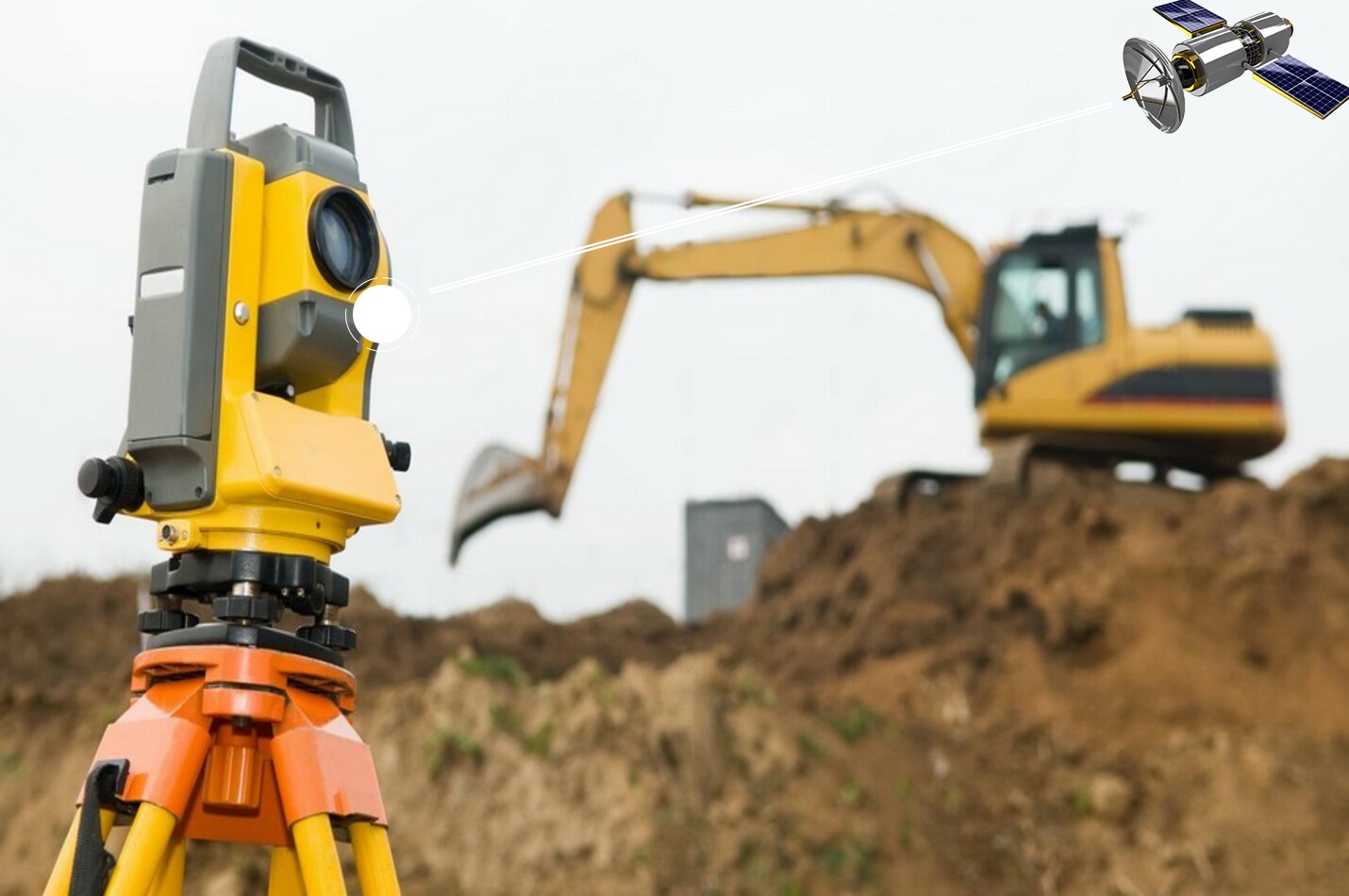
SBAS provides lower cost information for land surveys with an accuracy of better than meters.

SBAS supports the efficiency, safety and optimization of maritime transport.
JPO’s mission is “As a Pan African specialized ‘entity’ to support the implementation of seamless and sustainable satellite navigation services in all sectors with aviation as the main driver.”
The SatNav Africa JPO champions the development of Satellite Navigation (GNSS/SBAS) services in Africa based on European solutions EGNOS and Galileo. As a component of the Joint Africa-EU Strategy (JAES), JPO promotes the implementation and use of GNSS/SBAS in various market segments.
JPO strategic areas of intervention include support to GNSS/SBAS services Implementation and; applications development; promotion and communication; Training and capacity building and R&D-specific support services in the future.
GNSS allows users with compatible receiver devices to determine their position, velocity and local time by processing signals from satellites in point positions within space. GNSS signals are provided by satellite systems called core constellation systems. The current core constellation systems are USA’s Global Positioning System (GPS), Europe’s Galileo, Russia’s Global'naya Navigatsionnaya Sputnikovaya Sistema (GLONASS), and China’s Beidou. Technologies like Differential GNSS (DGNSS), Real-time Kinematics (RTK) and Precise Point Positioning (PPP) improve the accuracy of the core constellations while technologies such as Aircraft based Augmentation Systems (ABAS), Ground Based Augmentation Systems (GBAS) and Satellite Based Augmentation Systems (SBAS) in addition to improving accuracy provide integrity which is a measure of trust in the correctness of the information.
The use of GNSS Position, Navigation and Timing (PNT) information depends on operational requirements and encompasses different sectors from Aviation, Maritime, Road, Rail, Agriculture, consumer Location Based Services (LBS), and Geo-information to Timing and synchronization as well as Drones and Internet of Things (IoT) sectors.
SBAS complements GNSS system performance to improve its attributes such as accuracy, integrity, continuity, and availability enabling its use in various sectoral applications especially those with stringent operational requirements like the Safety of Life (SoL) applications in the Aviation sector, among others. Ultimately, the use of SBAS in these various sectoral applications provides enormous benefits including but not limited to improved productivity, the efficiency of operations, increased safety, and economic return on investment, among others.
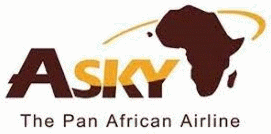
“SBAS can revolutionize navigation for the approach phase”. ASECNA A-SBAS Fixed-wing aircraft Flight demonstrations Held in Lome, Togo. 27th January 2021

“SBAS means flight safety through approaches with minima equivalent to ILS CAT-I everywhere at all times”. ASECNA A-SBAS Fixed-wing aircraft Flight demonstrations Held in Lome, Togo. 27th January 2021

